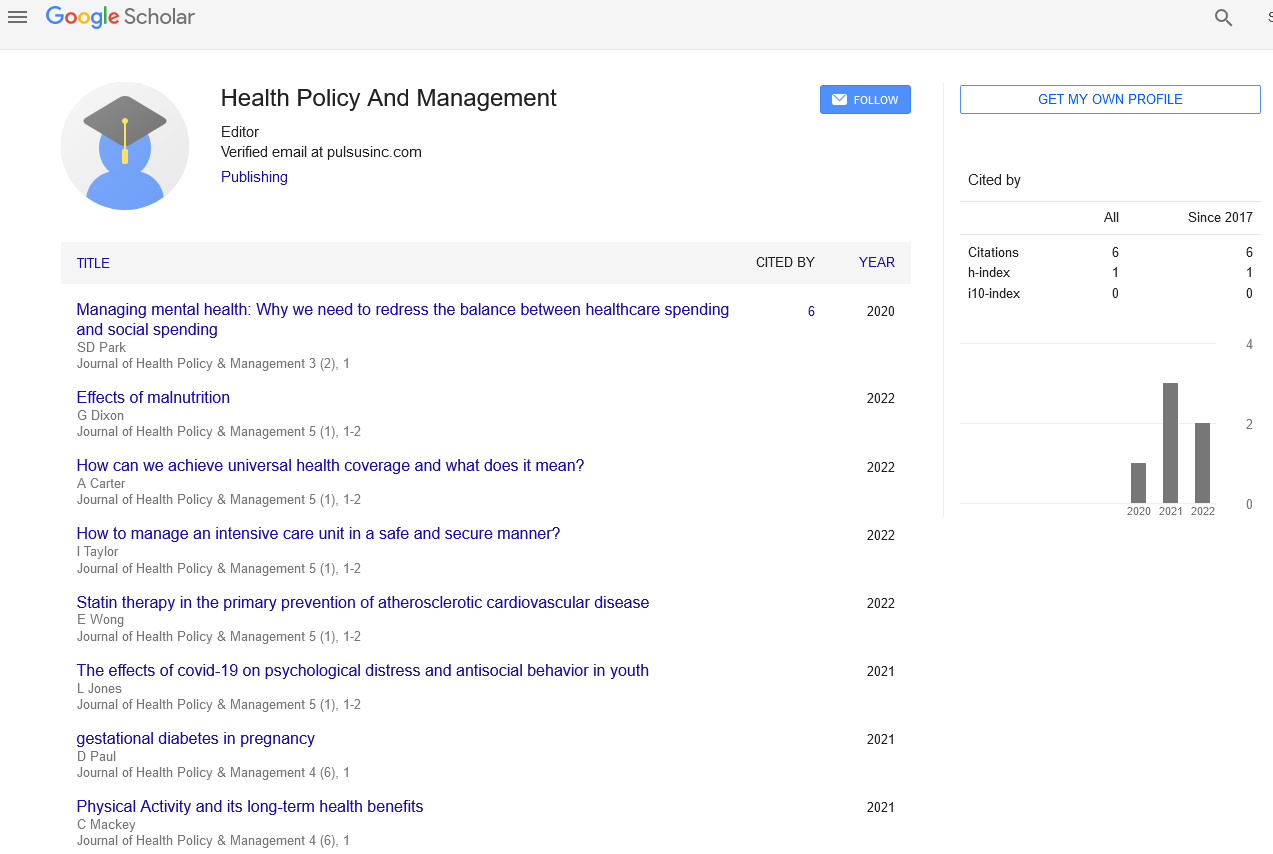
Sign up for email alert when new content gets added: Sign up
Abstract
Why new parents of deaf children also have to learn to cope emotionally with the knowledge that their baby is deaf?
Author(s): Sterling Johnson Mental Health Advocate*Most parents of children who are deaf in Kenya find it difficult to parent these children since in most cases the parents are hearing and have lived to appreciate hearing as the norm. When this norm is turned upside down one day when they discover their child or children are deaf, their world comes crumbling down. In most cases these parents may have no prior contact with deafness of deaf children. Thus the realization that their child(ren) is deaf comes as a shock. Nine out of every 10 deaf children are born by hearing parents and only one in every 10 deaf children is born of deaf parents. This statistic contributes a lot to the shock and disbelief that besets members of a family that get a deaf child. It gets more complicate for first time mothers since the identification of hearing loss in their child is only the first stage, they also have to learn how to emotionally cope with the fact that they have a deaf baby. The onset of deafness is something that also confuses parents since early identification is not done in Kenya in most cases. It is not until they try to communicate to the child using speech and realize there is no response that parents start to suspect there is something wrong with their child. This paper focuses on the challenges that parents of the deaf face on discovering that they have a deaf child and especially so for first time mothers. Early identification is advocated for and compulsory acquisition of Sign language by hearing parents of deaf children is encouraged since the two would act as a guarantee for the acquisition of Sign Language by most deaf children naturally. As compared to the current situation where majority of deaf children go past the “critical stage” in language acquisition without a language; this of course has an effect on both the parents and the children themselves as Seligman points out, "A disability in one family member affects the entire system and in turn affects the disabled person". We also examine the effects of deafness on the deaf child.




